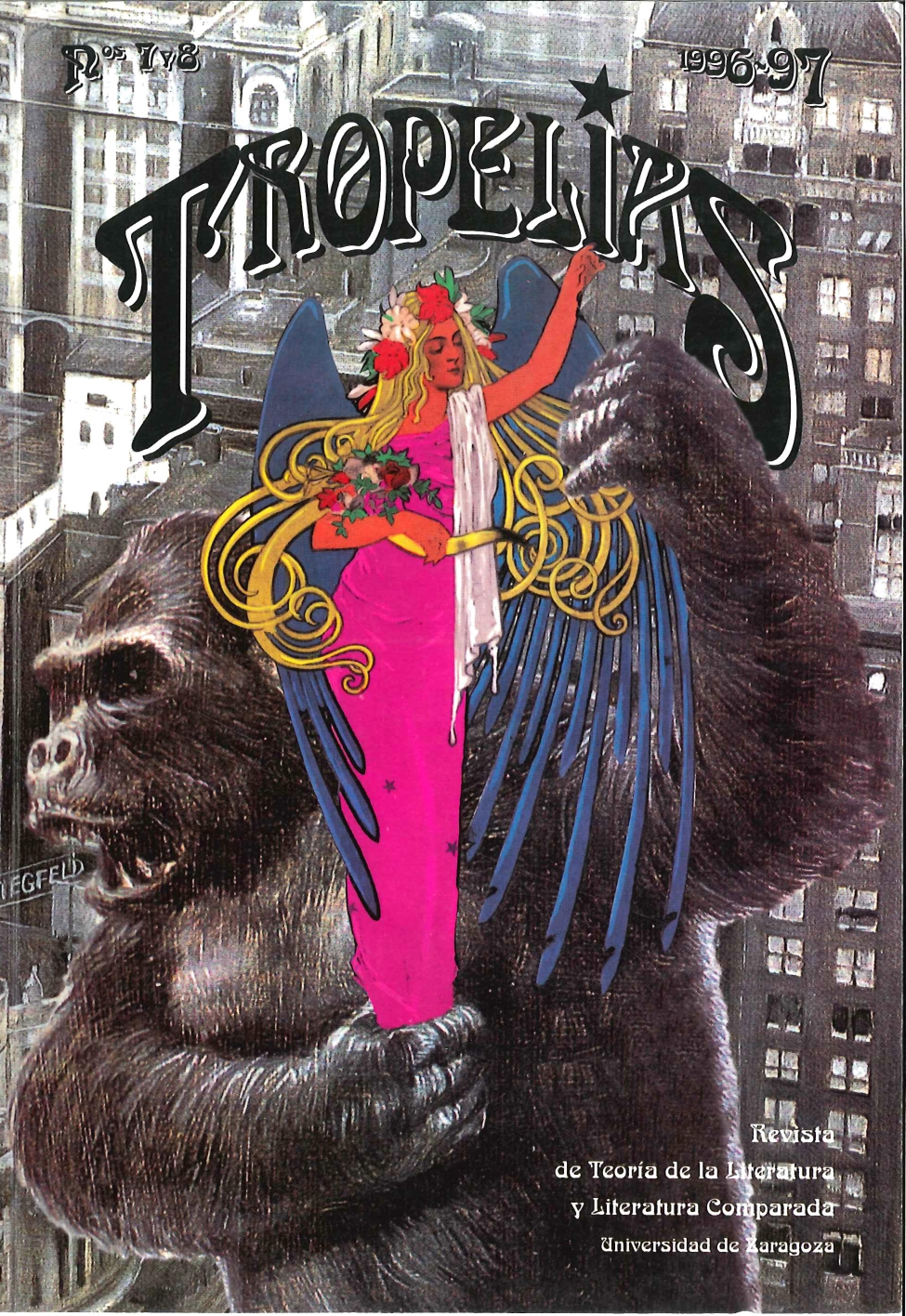The canon in literature
DOI:
https://doi.org/10.26754/ojs_tropelias/tropelias.19977-85630Keywords:
Literary canon, Postmodernist episthemeAbstract
Mi study examines the concept of canon in literature and its influence in the delimitation and specifìc analysis of literary studies. I propose that the canon is a way of organization of the elements in a definite artistic parcel which appear at first without order and coherence. It is an artificial and subjetive construction that imposes on the dates of the objective artistic reality which precede it. Its purpose is double: the order but also the evaluative legislation about the literary fact. Law and order about what, without them, would apparenlly be the magma of non-estructured and unwrought aesthetic facts. In spite of the advantages that the concept of canon has offered, its convenience and utility have been controverted in the two last decades, especially since the eclosion of postmodernist epistheme. In relation to the canon, I ìnvestigate the concept of generation and its limitations to textual analysis. With Kuhn, Vattimo and Stanley Fish as theoretic starting point, I elaborate an anticanonic theory and I illustrate it with practical examples from contemporary spanish novel and other present cultural facts.
Display downloads
Downloads
Published
Issue
Section
License
Copyright (c) 2021 Gonzalo Navajas

This work is licensed under a Creative Commons Attribution 4.0 International License.
Los artículos enviados a la revista Tropelías deben ser originales e inéditos, no publicados previamente en cualquier soporte. Únicamente se aceptará material publicado total o parcialmente con anterioridad, o que esté en proceso de evaluación en otra revista, si se hace constar la causa de tal duplicación y se facilita la fuente donde ha aparecido dicho artículo.
Las imágenes que se incluyan en los artículos estarán libres de derechos de reproducción y, en caso contrario, los autores deberán presentar los permisos para su publicación y asumir los pagos derivados de ello.
Los artículos y reseñas publicados en la revista Tropelías pueden ser incluidos en repositorios temáticos o institucionales desde el momento de su publicación, sin modificación alguna e indicando claramente su procedencia.


